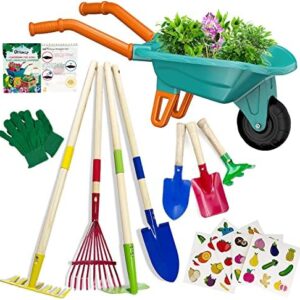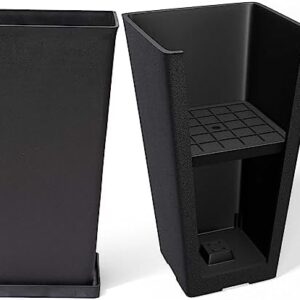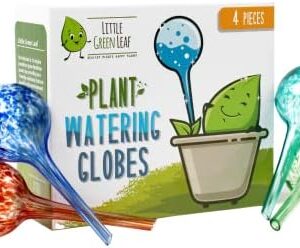Have you ever wandered through a serene garden and marveled at the sight of birds flitting from tree to tree, butterflies fluttering around beautiful flowers, and bees buzzing from bloom to bloom? The tranquility and beauty of a well-maintained garden can truly be a sight to behold. But did you know that gardening can do more than just beautify your outdoor space? It can also play a significant role in improving biodiversity and ecosystem health.
Gardens are not just a place for humans to relax and unwind – they are also a haven for wildlife. By creating a garden that is welcoming to birds, insects, and other creatures, you can help support and promote biodiversity in your local area. Biodiversity refers to the variety of plant and animal species that exist in a particular habitat, and maintaining healthy levels of biodiversity is crucial for the overall health of ecosystems.
One of the key benefits of gardening for wildlife is that it provides a habitat for a wide range of species. By planting a diverse array of native plants, you can attract a variety of birds, insects, and other wildlife to your garden. Native plants are important because they have evolved to thrive in the local climate and soil conditions, making them particularly well-suited for supporting local wildlife. In addition to providing food and shelter for wildlife, native plants also help to maintain the delicate balance of the ecosystem by providing important resources for pollinators and other species.
Incorporating elements such as bird feeders, bat boxes, and bee hotels into your garden can also help to create a more welcoming environment for wildlife. These features provide additional sources of food and shelter for birds, bats, and insects, helping to support their populations and promote biodiversity in your garden. By creating a garden that is rich in resources and diverse habitats, you can attract a wide range of species and contribute to the overall health of the ecosystem.
Another important benefit of gardening for wildlife is that it can help to improve soil health and fertility. By planting a variety of plants and creating a diverse ecosystem in your garden, you can help to support the soil microbiota and promote healthy soil structure. Healthy soil is essential for supporting plant growth and promoting biodiversity, as it provides important nutrients and support for plant roots. By maintaining a healthy garden ecosystem, you can help to improve soil health and fertility, creating a more sustainable and resilient environment for both plants and wildlife.
Gardening for wildlife can also provide important ecosystem services that benefit both humans and wildlife. Ecosystem services are the benefits that ecosystems provide to people, such as clean air and water, pollination, and soil fertility. By creating a garden that supports biodiversity and ecosystem health, you can help to maintain these important services and support the overall health of the ecosystem. For example, by attracting pollinators such as bees and butterflies to your garden, you can help to promote pollination and support the growth of fruits, vegetables, and other crops.
In addition to improving biodiversity and ecosystem health, gardening for wildlife can also have positive impacts on your mental health and well-being. Spending time in nature has been shown to reduce stress, improve mood, and promote feelings of relaxation and well-being. By creating a garden that is welcoming to wildlife, you can create a peaceful and tranquil outdoor space where you can connect with nature and unwind from the stresses of daily life. Gardening can be a therapeutic and rewarding activity that provides a sense of accomplishment and connection to the natural world.
In conclusion, gardening for wildlife is a rewarding and beneficial practice that can have positive impacts on biodiversity, ecosystem health, and personal well-being. By creating a garden that is welcoming to wildlife, you can support a diverse array of species and promote the overall health of the ecosystem. By incorporating native plants, providing food and shelter for wildlife, and promoting healthy soil, you can create a sustainable and resilient garden that benefits both humans and wildlife. So, why not grab a shovel, plant some seeds, and start gardening for wildlife today? Your garden – and the wildlife that calls it home – will thank you for it.






